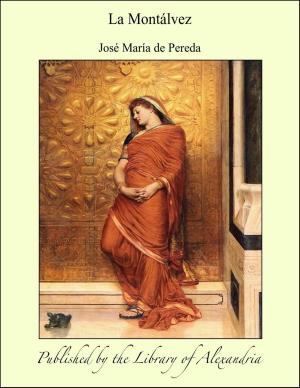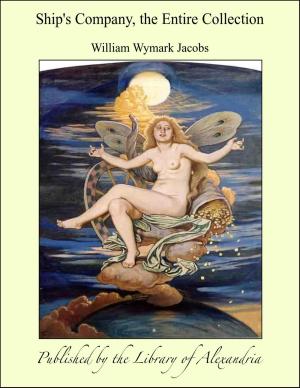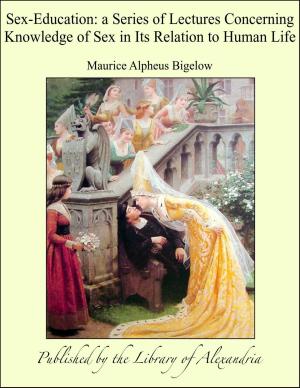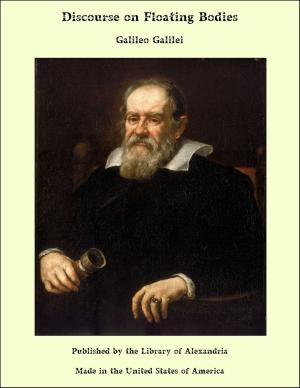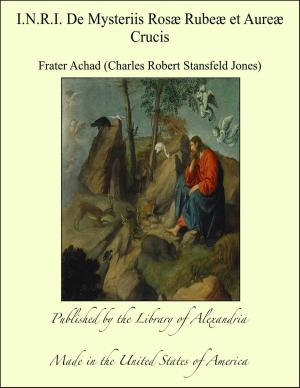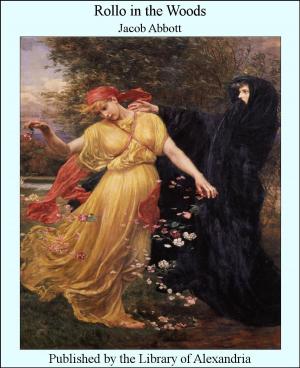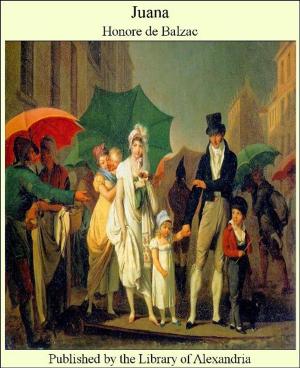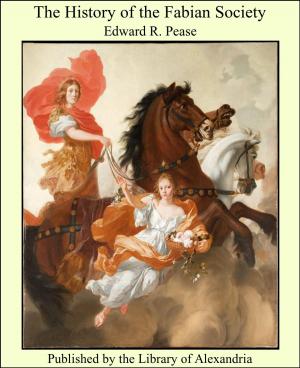The Festival of Spring: From the Divan of Jelaleddin
Nonfiction, Religion & Spirituality, New Age, History, Fiction & Literature| Author: | Maulana Jalal Al Din Al Rumi | ISBN: | 9781465622396 |
| Publisher: | Library of Alexandria | Publication: | March 8, 2015 |
| Imprint: | Language: | English |
| Author: | Maulana Jalal Al Din Al Rumi |
| ISBN: | 9781465622396 |
| Publisher: | Library of Alexandria |
| Publication: | March 8, 2015 |
| Imprint: | |
| Language: | English |
Jeláleddín Rúmí (A.D. 1207-1273) is now universally recognised by 'those who know,' as the greatest of the Persian Mystical Poets. This supremacy, in his own sphere, has been unanimously accorded to him for more than six centuries, by unnumbered myriads of his own disciples and followers in the Oriental World, who have been wrapt in devoutest admiration of the great Master to whom they have owed the highest joy and inspiration of their spiritual life. And at last, in our own Western World, the great Persian scholars of Europe, looking at him without personal or national bias, and through the clear, cold light of the new time, have come more and more, as with one voice, to join in this chorus of praise. His most appreciative recent editor and interpreter in England, in presenting a few leaves plucked with reverent hand from what he calls Jeláleddín's 'wreath of imperishable Lyric Song,' offers his own careful and conscientious work to us, as a contribution 'to a better appreciation of the greatest mystical poet of any age.' And with this designation, as summing up the judgment of a capable expert and critic—strange as it may sound—we venture, in all deference and sincerity, to agree. Jeláleddín is now rising upon our literary horizon in all his native Splendour—his name appropriately signifying 'The Splendour of the Faith'—as at once the Dante, the St. Bernard, the Spenser, the Milton, the Angelus Silesius, and the Novalis of the Orient. As a religious Lyrical Poet his mellifluous music, his variety of strain, his captivating charm of words, his purity of feeling, his joyous faith, and his elevation of thought, have never been surpassed in their own kind. Taking what Matthew Arnold has called 'the lyrical cry' even in its widest range, it would be doing no one wrong—although it dare hardly be done as yet—to rank Jeláleddín, when he comes fully before us 'with all his singing robes about him,' with the very highest—with Shakespeare, with Wordsworth and Keats and Shelley, and with Goethe and Heine! He is certainly one of the most fertile poets of Nature among the Lyrical Singers of all time, and the most exuberant, if not also the most spiritual, Hymnist the world outside of Christendom has yet produced. This estimate, however shaded or qualified, cannot but appear at first strangely exaggerated, and out of all just proportion, to those who mayhap read the name of Jeláleddín now for the first time. Let us listen, then, to the greatest students of Persian Poetry in the critical Nineteenth Century, the judges who have highest authority on the subject, and who have the best right to pronounce judgment on Jeláleddín. And let us hear in the first place, as is his due, the most learned Historian of Persian Poetry in the Nineteenth Century, who with indefatigable industry and completest knowledge has adorned his pages with Extracts from no less than Two Hundred of Persia's greatest Poets.
Jeláleddín Rúmí (A.D. 1207-1273) is now universally recognised by 'those who know,' as the greatest of the Persian Mystical Poets. This supremacy, in his own sphere, has been unanimously accorded to him for more than six centuries, by unnumbered myriads of his own disciples and followers in the Oriental World, who have been wrapt in devoutest admiration of the great Master to whom they have owed the highest joy and inspiration of their spiritual life. And at last, in our own Western World, the great Persian scholars of Europe, looking at him without personal or national bias, and through the clear, cold light of the new time, have come more and more, as with one voice, to join in this chorus of praise. His most appreciative recent editor and interpreter in England, in presenting a few leaves plucked with reverent hand from what he calls Jeláleddín's 'wreath of imperishable Lyric Song,' offers his own careful and conscientious work to us, as a contribution 'to a better appreciation of the greatest mystical poet of any age.' And with this designation, as summing up the judgment of a capable expert and critic—strange as it may sound—we venture, in all deference and sincerity, to agree. Jeláleddín is now rising upon our literary horizon in all his native Splendour—his name appropriately signifying 'The Splendour of the Faith'—as at once the Dante, the St. Bernard, the Spenser, the Milton, the Angelus Silesius, and the Novalis of the Orient. As a religious Lyrical Poet his mellifluous music, his variety of strain, his captivating charm of words, his purity of feeling, his joyous faith, and his elevation of thought, have never been surpassed in their own kind. Taking what Matthew Arnold has called 'the lyrical cry' even in its widest range, it would be doing no one wrong—although it dare hardly be done as yet—to rank Jeláleddín, when he comes fully before us 'with all his singing robes about him,' with the very highest—with Shakespeare, with Wordsworth and Keats and Shelley, and with Goethe and Heine! He is certainly one of the most fertile poets of Nature among the Lyrical Singers of all time, and the most exuberant, if not also the most spiritual, Hymnist the world outside of Christendom has yet produced. This estimate, however shaded or qualified, cannot but appear at first strangely exaggerated, and out of all just proportion, to those who mayhap read the name of Jeláleddín now for the first time. Let us listen, then, to the greatest students of Persian Poetry in the critical Nineteenth Century, the judges who have highest authority on the subject, and who have the best right to pronounce judgment on Jeláleddín. And let us hear in the first place, as is his due, the most learned Historian of Persian Poetry in the Nineteenth Century, who with indefatigable industry and completest knowledge has adorned his pages with Extracts from no less than Two Hundred of Persia's greatest Poets.

